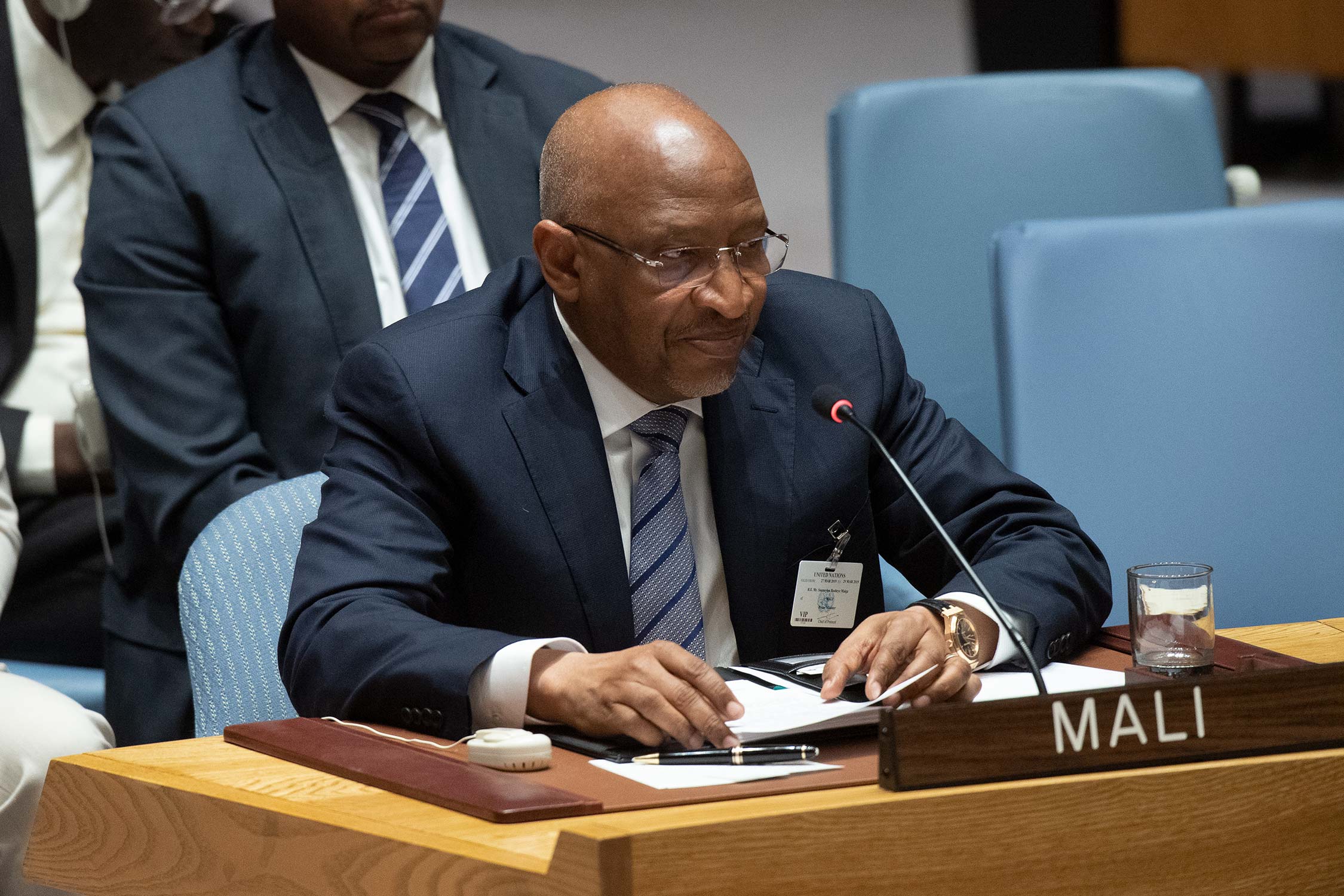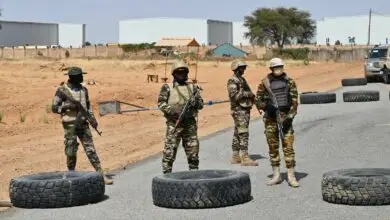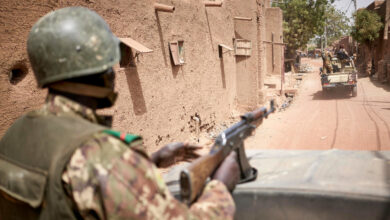Mali’s prime minister resigned along with his entire government on Thursday, April 18 following criticism over the handling of an upsurge of violence in the center of the country and a massacre last month that left 160 people dead.
A statement from President Ibrahim Boubacar Keita’s office said he had accepted Soumeylou Boubeye Maiga’s resignation, along with those of his ministers, two weeks after mass protests erupted over the rising tide of violence.
Lawmakers from both ruling and opposition parties had submitted a motion of no confidence against the government on Wednesday, blaming Maiga and his administration for failing to clamp down on the unrest.
“A prime minister will be named very soon and a new government will be established, after consultations with all political forces” from both the ruling and opposition sides, the statement from Keita’s office said.
The president had on Tuesday said in a televised address that he had “heard the anger,” without explicitly naming the prime minister.
The government had come under mounting pressure over its handling of violence in the restive Mopti region and in particular the massacre of 160 people who were killed in the village of Ogossagou near the border with Burkina Faso on March 23.
Traditional dozo hunters belonging to the Dogon ethnic group – a hunting and farming community with a long history of tension with the nomadic Fulani people over access to land – were accused of being behind the mass killing.
The Fulani have repeatedly called for more protection from the authorities. The government in Bamako has denied their accusations that it turns a blind eye to – or even encourages – Dogon attacks on the Fulani.
Tens of thousands of people took to the streets of Bamako on April 5 to protest against the upsurge of violence, accusing the government of not doing enough to stop it.
The protest was called by Muslim religious leaders, organisations representing the Fulani herding community, opposition parties and civil society groups.
In March, Mali’s government announced it had replaced senior military officers in the wake of the Ogossagou massacre.
Once considered a beacon of democracy and stability in Africa, Mali in recent years has been dogged by a coup, civil war and Islamist terrorism.
The recent unrest in the Sahel began in Mali in 2012 with Tuareg separatist uprising against the state, which was exploited by Islamist extremists linked to al-Qaeda who took key cities in the desert north.
France began its Operation Serval military intervention in its former colony early the next year, driving the jihadists from the towns, but the militant groups morphed into more nimble formations operating in rural areas, sometimes winning over local populations by providing basic services and protection from bandits.
The insurgency has gradually spread to central and southern regions of Mali, and across the borders into neighboring Burkina Faso and Niger.
Large swathes of the country remain outside government control, despite the 2015 peace accord designed to isolate the Islamists.
The French mission evolved in August 2014 into the current Operation Barkhane, which has 4,500 troops personnel deployed with a mandate for counter-terrorism operations across the Sahel region, with 2,700 soldiers in Mali to support poorly-equipped local military forces.
Troops deployed to Barkhane work alongside other international operations, including the U.N. Minusma stabilization mission in Mali, which began in 2013 and has about 12,000 troops and 1,750 police deployed, as well as the regional G5 Sahel joint counter-terrorism force that aims to train and deploy up to 5,000 personnel.
With reporting from AFP









